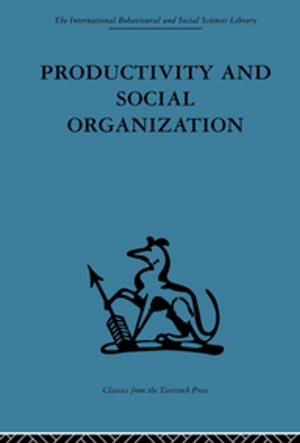Ancient China on Postmodern War
Enduring Ideas from the Chinese Strategic Tradition
Nonfiction, History, Asian, China, Military, Strategy| Author: | Thomas M. Kane | ISBN: | 9781134173914 |
| Publisher: | Taylor and Francis | Publication: | April 17, 2007 |
| Imprint: | Routledge | Language: | English |
| Author: | Thomas M. Kane |
| ISBN: | 9781134173914 |
| Publisher: | Taylor and Francis |
| Publication: | April 17, 2007 |
| Imprint: | Routledge |
| Language: | English |
Sun Tzu and other classical Chinese strategic thinkers wrote in an era of social, economic and military revolution, and hoped to identify enduring principles of war and statecraft. The twenty-first century is a time of similarly revolutionary change, and this makes their ideas of particular relevance for today’s strategic environment. Placing these theories in historical context, Dr Kane explores ancient Chinese reactions to such issues as advances in military technology and insurgency and terrorism, providing interesting comparisons between modern and ancient.
The book explains the way prominent Chinese thinkers - such as Sun Tzu, Han Fei Tzu and Lao Tzu - treated critical strategic questions. It also compares their ideas to those of thinkers from other times and civilizations (e.g. Clausewitz) to illuminate particularly important points. In concluding, the book addresses the question of how ancient Chinese ideas might inform contemporary strategic debates.
Ancient China on Postmodern War will be of much interest to students of strategic studies, Chinese philosophy and military history.
Sun Tzu and other classical Chinese strategic thinkers wrote in an era of social, economic and military revolution, and hoped to identify enduring principles of war and statecraft. The twenty-first century is a time of similarly revolutionary change, and this makes their ideas of particular relevance for today’s strategic environment. Placing these theories in historical context, Dr Kane explores ancient Chinese reactions to such issues as advances in military technology and insurgency and terrorism, providing interesting comparisons between modern and ancient.
The book explains the way prominent Chinese thinkers - such as Sun Tzu, Han Fei Tzu and Lao Tzu - treated critical strategic questions. It also compares their ideas to those of thinkers from other times and civilizations (e.g. Clausewitz) to illuminate particularly important points. In concluding, the book addresses the question of how ancient Chinese ideas might inform contemporary strategic debates.
Ancient China on Postmodern War will be of much interest to students of strategic studies, Chinese philosophy and military history.















